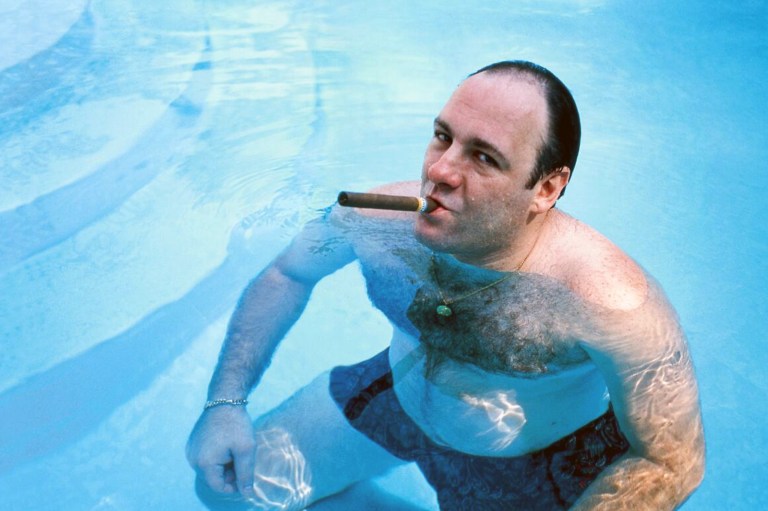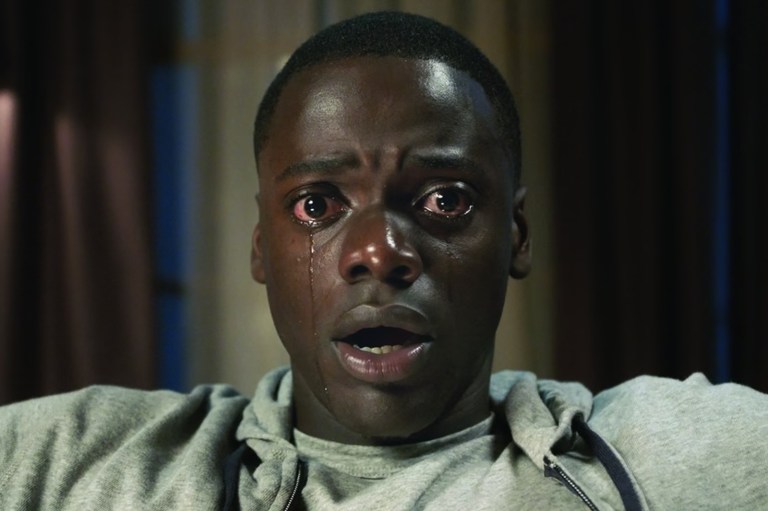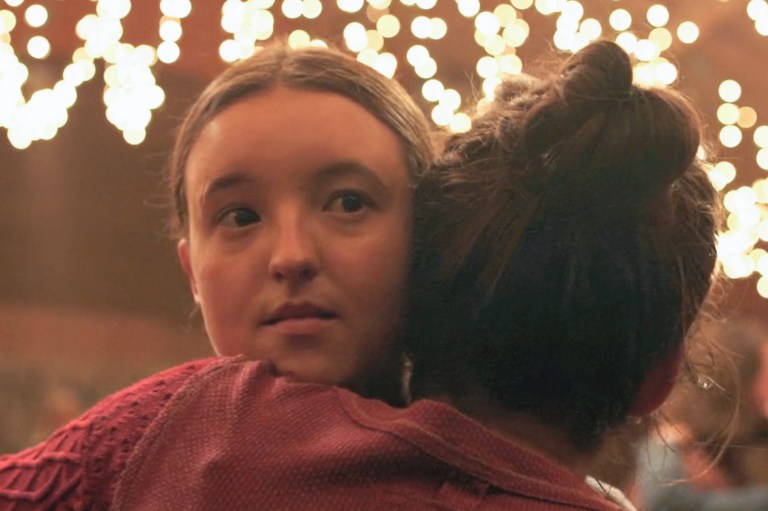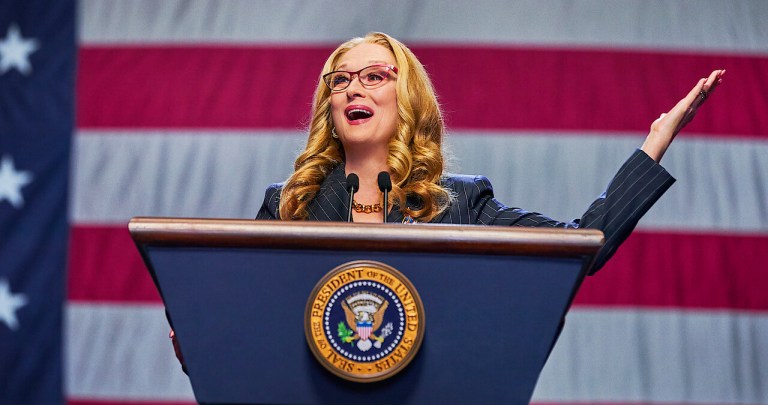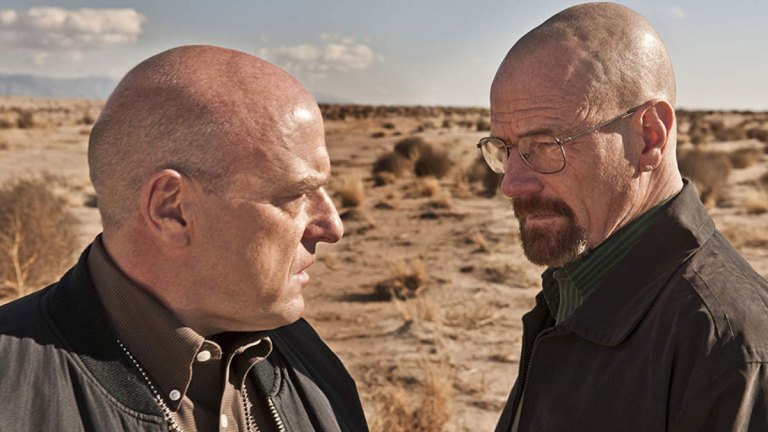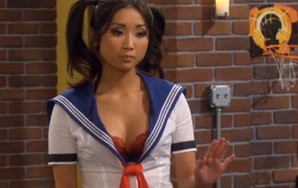
Seth MacFarlane Is Trolling Us All
I once hated a movie so much that I cried afterward. I went on an ill-advised double date to Funny Games, the Michael Haneke remake that had opened up at an art theatre in Cincinnati, walking distance from my college. Haneke created Funny Games to be an evil, amoral film as a critique of the casual violence we see in slasher movies and claimed that the appropriate response was to get up an walk out of the theatre. If you weren’t able to sit through the whole thing, he had succeeded. Unfortunately, Haneke did not, and I sat outside of the theatre sobbing on the sidewalk, angry about what I had just seen and angry at him for creating it. (Some critics reportedly threw up.) If the movie was meant to be hated, great. I hated it. Congratulations.
In its own strange way, Seth MacFarlane’s new comedy, Dads, hopes to elicit the same response from viewers, trolling the audience to elicit shock — and laughter, I guess. Over the summer, Fox marketed the show on its bad reviews (like the lightyears-better Fight Club before it), hoping that embracing the hate would get the show street cred. At the TCAs, when the show was screened to critics, the show’s execs employed overused get-out-of-jail-free phrases like “equal opportunity offender” and “boundary pushing” as protective blankets over the show. If critics were offended, that was the point — and all you needed to do was “give the show a chance” to see the bigger picture. Dads is not “evil,” as BuzzFeed alleged, just misunderstood.
Responding to the controversy, Seth Green said it’s not racist, it’s “provocative.” “This is a comedy,” Green helpfully reminded us. That’s a helpful reminder, because amidst the show’s lack of laughs I might have forgotten.
I hate to even go over the show’s problems, because it feels like that’s what Seth MacFarlane wants, but Dads is so egregiously awful in just about every way a show can be awful that it begs dissecting. The show came under fire after its TCA premiere when Asian-American media watchdog groups caught wind of the show’s treatment of its Chinese character, played by Brenda Song. In the show, Giovanni Ribisi and Green play video game designers and Song is their employee, who they force to dress up in a “sexy Asian schoolgirl outfit” to impress Asian investors. In another scene, Song’s character, Veronica, tells Ribisi and Green, “You’re lucky your Dads are American. My Dad beat me with a math book till I was 16.” Child abuse and Asian stereotypes: two birds, one evil stone.
Therein lies the issue with Dads. MacFarlane badly wants the program to be an heir to All in the Family, a show that takes down racism, sexism, classism and homophobia through critiquing its main character, the curmudgeonly Archie Bunker. The show passionately tried to make Bunker look as pathetic and small-minded as possible, and it was clear he was the show’s villain, turning the classic family sitcom structure on its head. However, everyone in Dads is the villain. Martin Mull, one of the show’s titular fathers, mistakes his son’s Latina wife for a maid and later asks his son, played by Ribisi, who is in the middle of playing a video game: “Whatcha playin’? Punch the Puerto Rican?”
The character’s strange sociopathy is played for comedy, as the audience routinely guffaws in shock at what he says, and his son just seems to shake it off as if it’s just “silly ol’ Dad bein’ wacky!” Last year’s The New Normal had the same issue, where Nana (played by Ellen Barkin) was a vehement racist in a way that would have even made Paul Haggis blush, but the show routinely got off on it. Nana was the vehicle for the show’s humor, and you knew you were supposed to laugh because without her, there would be few jokes at all. Although the show called her out on her racism, the other characters around her were just as racist as she was. It wasn’t Nana that was racist. It was the show that was racist.
Likewise on Dads, everyone is just as vile and reprehensible as Mull is, either by being complicit in his racism or engaging in their own “wacky shenanigans.” In the original version of the pilot, Song’s Veronica goes farther than ministrelsy to impress investors: She sleeps with one of them and is complimented by her bosses for being a go-getter. Veronica responds, “No big deal. It was China penis, so it was like wrecking a furious baby’s toe.” Realizing it was best not to have their only recurring Asian character engage in prostitution, they axed that bit but had her sext the executive instead. When she receives a picture of his “tiny penis,” the characters all bond over how disgusting it is. Ribisi says, “It looks like a cashew in a shag carpet.”
Jokes like these have become a sad trend over the past few years, where shows like Brickleberry and Two Broke Girls get away with being racist and offensive by being a dick to everyone. The idea is that you can be racist, as long as you’re also homophobic, sexist and just about every other thing you can think of. However, the reason that people still watch Two Broke Girls is that — outside of the pathetic, out-dated ethnic jokes – there’s an actual show and a touching story about the budding friendship between two women. (It’s Laverne and Shirley in Brooklyn – but with a horse.) The show also has the effortlessly sharp Kat Dennings, who elevates the material of any scene she’s in, giving you someone to root for. On Dads, there’s nothing to root for, except for maybe cancellation.
The big difference is that Two Broke Girls attempts to play down its racism, whereas Dads actively draws attention to how lazy and tired it is, as if the whole thing is purposefully shitty. This year’s much-maligned Movie 43 pulled the same crap, making one of the worst movies in history just to point out how bad the movie was. The film serves as its own commentary and makes fun of itself, which seems transgressive until you realize what a waste of space the whole exercise is. Instead of purposefully making something awful, why not just make something good? This is the entire reason that Dads is as offensive as it is: It saves them from having to write actual jokes. It’s meta in place of product.
Latter day Family Guy apologists have excused how bad the show has gotten by arguing that MacFarlane is doing on purpose, because he wants the show to end and Fox won’t give it up. He’s tanking his own show, and this is more of the same. People have wondered the same about Adam Sandler, whose recent movies are so bad that they seem avant garde, an exercise in critiquing America’s taste for comedic trash. Grown Ups 2 grossed over $100 million dollars, and despite being one of the worst movies in recent memory, Jack and Jill did just fine, clearing $74 million – paltry by Sandler’s standards but still a financial success. With the cred that MacFarlane and Sandler have behind them, they are banking on the belief that America will stomach anything they are dishing out. This is the comedy they think we deserve.
Just as A.O. Scott noted Funny Games‘ rancid veneer of contempt for the viewer, Seth MacFarlane similarly doesn’t seem to hate racism. When you hear the audience guffawing in the background, rest assured, America: Seth MacFarlane hates you. Congratulations. ![]()
